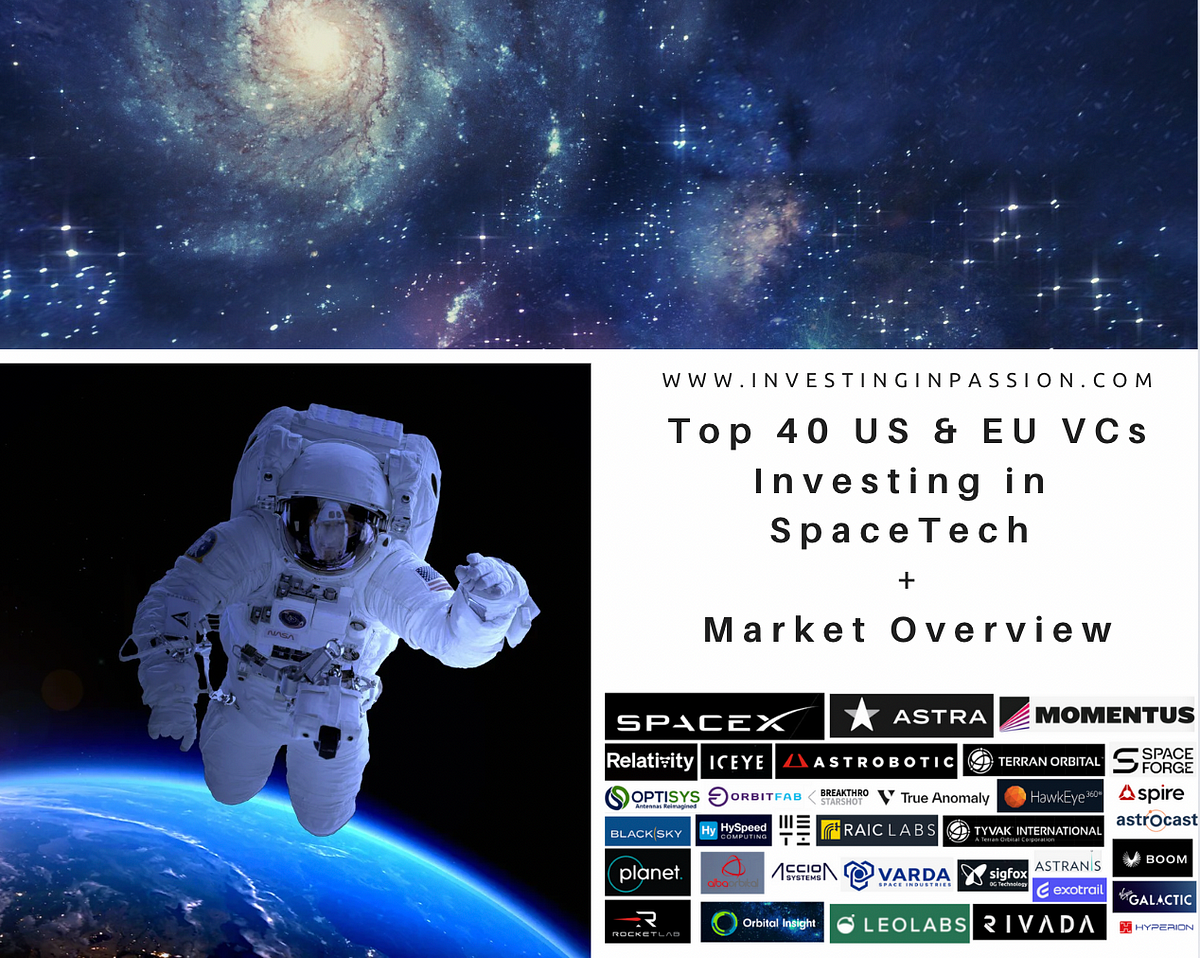Over the last few decades, the space business has expanded considerably, attracting significant interest from venture capital firms hoping to fund the next breakthrough in space exploration, satellite technology, or space-based services. Profit from the commercialization of space has drawn a wide spectrum of investors, especially those from seed-stage venture capital organizations. This article delves deeply into the five major challenges that seed-stage venture capitalists face while investing in the space sector.
High Technological Complexity
Investing in space technology generally demands a strong understanding of complex and cutting-edge technologies. Unlike traditional businesses, space technologies tend to be very specialized, involving extensive engineering, physics, and material science. From creating propulsion systems to satellite design and space exploration vehicles, the technical challenges are considerable. A seed-stage venture capital business investing in the space industry must analyze if a startup has the technological potential to deliver on its claims. The risk is substantial, as many space endeavors rely on experimental technologies that can take years to develop and might experience delays or even failure during testing periods. This makes it extremely challenging for investors to judge the long-term profitability of a space technology firm.
Regulatory and Legal Barriers
The regulatory framework surrounding space technology is among the most significant obstacles faced by early-stage investors. The space industry operates within a complex system of international treaties, national laws, and stringent compliance requirements. Approvals for satellite launches, often necessitate navigating through governmental bodies like the Federal Communications Commission (FCC) or the European Space Agency (ESA). Additionally, concerns over space debris management, national security, and restricted technologies add further layers of complexity. Individuals aiming to break into this industry can get help from a startup venture capital firm investing in the space industry, which often provides both financial backing and guidance on overcoming these regulatory hurdles. Such firms can assist startups in navigating intricate legal frameworks, ensuring compliance, and positioning themselves for long-term success despite these challenges.
Capital Intensity and Long Timelines
Space ventures are capital-intensive, and the path from idea to commercialization could span several years. Unlike sectors like software or biotechnology, where goods can be developed and sold somewhat rapidly, space technology sometimes needs years of research and development, prototyping, and testing. Launching a satellite, constructing space research vehicles, or creating infrastructure for space-based services come with exorbitant expenses. Before they start to see any returns, seed-stage investors can find themselves spending large sums of money over protracted periods. Venture capital companies find it challenging to evaluate when or whether they will see a return on investment given these extended timeframes and the uncertainty of space projects. Furthermore, unanticipated events, including malfunctioning technologies or failed launches, run the danger of causing major losses.
Market Uncertainty and Demand Predictability
While the space sector holds immense promise, estimating market demand is far from straightforward. Although reusable rockets and satellite constellations for global internet coverage are occasionally marketed as game changers, the real demand for these technologies remains unknown. Investors are unsure whether, once the technology is developed, there will be enough demand for space-based services. Furthermore, market acceptance can be slow, especially in circumstances of competing technologies or if the cost of space technology remains unboundedly high. For seed-stage venture funders, the uncertainty about a space company’s scalability is a key impediment. Space-related startups could provide novel ideas.
Competitive Landscape
The space business is drawing new investors, creating a more competitive atmosphere. Differentiating a startup’s technology and business model is challenging when more players join the market. Deep-pocket established businesses like SpaceX, Blue Origin, and Boeing rules the space industry, which makes it more difficult for entrepreneurs fresh out of college to contend. Furthermore, the space sector witnesses fast innovation cycles whereby today’s state-of- the-art technology might rapidly become obsolete, and new competitors take the front stage. The constant competition puts pressure on seed-stage investors to find firms with obvious competitive edge and sustainable business strategies.
Conclusion
Investing in space technology offers immense potential for anyone willing to take on the significant dangers connected with it. Venture capital firms in the seed stage provide a special chance to assist the expansion of innovative businesses that might influence the direction of space exploration and commercialization. From high scientific complexity and regulatory barriers to capital intensity and inconsistent market demand, seed-stage investors in the space sector must navigate treacherous terrain to uncover the most interesting company opportunities.
Keep an eye for more news & updates on Gossips!




